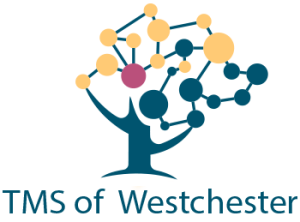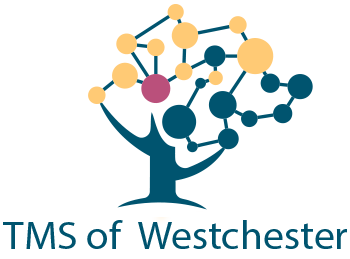
Magnetic energy similar to what is used in an (MRI) is used to stimulate the areas of the brain that are sluggish and causing depressed mood.
Just as training a muscle leads to increased strength, TMS is akin to training the brain for better function.
Clinical trials have demonstrated the safety and effectiveness of TMS Therapy in treating patients who have not benefited from prior antidepressant medication. TMS Therapy was studied in adult patients suffering from Major Depressive Disorder, all of whom had not received satisfactory improvement with previous treatments.
TMS (Transcranial magnetic stimulation) therapy is an advanced and non-invasive technique for managing and treating different mental health disorders. Using magnetic fields, it stimulates specific brain regions related to conditions such as depression, anxiety, and OCD. By targeting underperforming brain areas, TMS promotes healthier brain activity and helps alleviate symptoms.
The magnetic pulses used in TMS are similar to those employed in MRI machines, making it a very safe procedure. TMS is a straightforward therapy performed in a doctor’s office or clinic without the need for sedation, downtime, or unwanted side effects.
TMS has been and continues to be extensively researched as treatment for a variety of conditions:
Depression: TMS has been FDA cleared for treatment of major depressive disorder (MDD) in adult patients who have failed to receive satisfactory improvement from prior antidepressant medication in the current episode.
Obsessive-Compulsive Disorder (OCD): TMS is FDA cleared for adjunct treatment of adults suffering from Obsessive-Compulsive Disorder.
TMS has also shown promise in the treatment of Anxiety, PTSD, Eating Disorders,
Bipolar Disorder, dementia, Substance Abuse, and others. However, none of these have been cleared by the FDA as yet.
The specific applications and effectiveness of TMS may vary depending on the individual and the condition being treated.
Factors such as the severity of the condition, the specific brain regions targeted, and the overall health of the patient can influence the outcome.
For depression and OCD, numerous clinical trials and real-world studies have demonstrated the effectiveness of TMS.
It usually takes time for healthcare insurers to establish coverage policies for newly approved treatments such as TMS. However, many commercial and Medicare plans have recognized the effectiveness of treating depression with TMS Therapy and now cover TMS as part of their plans.
TMS is non-systemic (does not circulate in the blood throughout the body), so it does not have side effects such as weight gain, sexual dysfunction, nausea, dry mouth, sedation, etc. The most common side effects reported during clinical trials were headache and scalp discomfort – generally mild to moderate – occurring less frequently after the first week of treatment.
No. TMS Therapy involves a unique method of using pulsed magnetic fields for therapeutic benefit. The intensity of the magnetic field is similar to that of the magnetic fields used in magnetic resonance imaging, or MRI. These techniques differ radically from the popular use of low intensity, static magnetic fields. These products deliver weak and undirected static fields that are not capable of activating brain cells.
Simply ask, and we will take care of verifying your eligibility, benefits, and coverage for TMS Therapy on your behalf.
© 2024 TMS of Westchester. All Rights Reserved.
